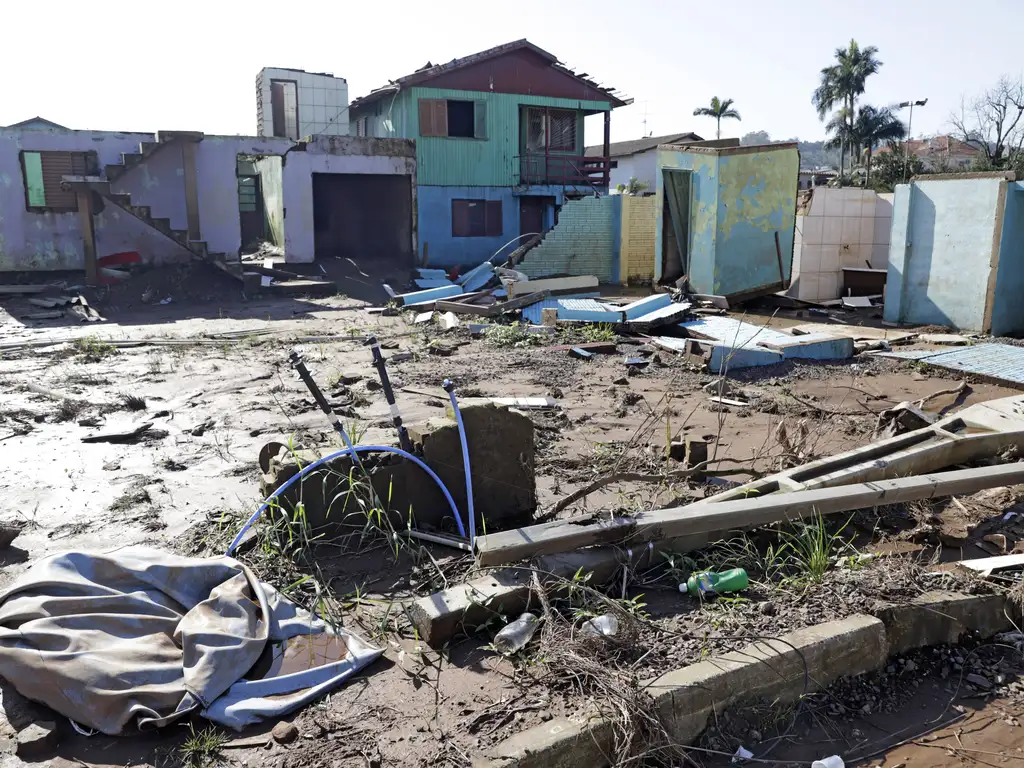A proposal for the Climate Adaptation Plan aims to reduce the vulnerability indices in the municipalities

A proposal for the Climate Adaptation Plan aims to reduce the vulnerability indices in the municipalities
A study seeks to support the definition of the best alternatives for cities in combating the climate emergency
On August 26, the Climate Observatory (OC) released a proposal for the Climate Adaptation Plan. In June of this year, the law that established the creation of a climate change adaptation plan was sanctioned, with rules and guidelines not only for responding to disasters, but also for the prevention of these events.
Brazil is one of the countries that is most vulnerable to climate change, with a significant portion of its population living in risk areas and coastal zones, and with an economy based on natural resources. According to the AdaptaBrasil platform of the Ministry of Science, Technology and Innovation (MCTI), just over half of the 5,570 Brazilian municipalities have a high or very high vulnerability index to environmental disasters, such as floods and landslides.
Based on this information and in-depth research, the proposal released by the OC, an iCS partner, for the Climate Adaptation Plan has the objective to reduce the vulnerability indices of the municipalities and to support the government in the definition of the best alternatives in order to change this scenario.
The document highlighted the importance of considering several elements, among which we can highlight gender and racial equity, by understanding that climate change affects different population groups unequally; the need for the demarcation of the indigenous lands and the ownership titling of the quilombolas; and the decarbonization of the transport system.
Furthermore, the proposal emphasized the need to have the broad participation of civil society, non-governmental organizations, academia and social movements; to promote solutions and strategies based on nature and biodiversity; and to strengthen the resilience of the national industry. The proposal also considered the establishment of a National Adaptation Fund, the allocation of national and international resources and the encouragement of research about seed species adapted to climate change, with a focus on healthy eating.
The population was also invited by the government to collaborate, through the Participatory Climate Plan, with ideas for the document, which establishes Brazil’s commitments to tackle climate change by 2035.

Destruction in Roca Sales (RS) after the flooding that affected the region. Credit: Bruno Peres/Agência Brasil
